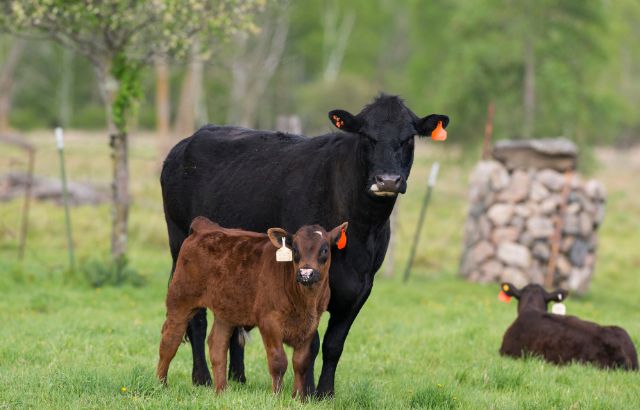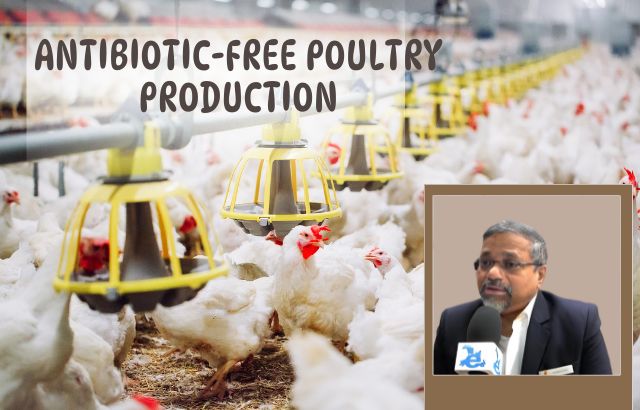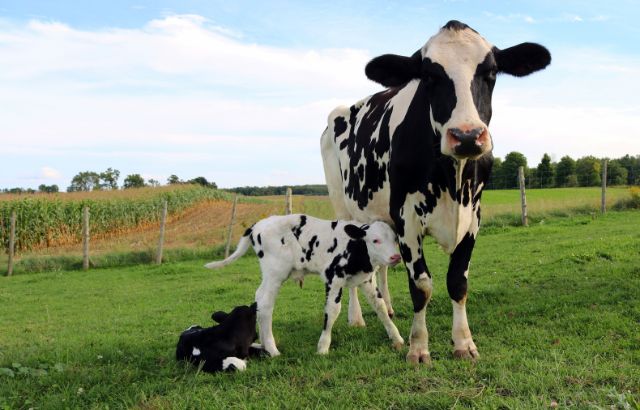1. Precision Immunization:
This involves tailoring vaccination strategies to specific pathogens and strains prevalent in a particular herd or region. This can be achieved through advanced diagnostics and metagenomic vaccines.
2. Nutritional Interventions:
Exploring the role of specific micronutrients, prebiotics, and probiotics in enhancing immune function and reducing disease incidence in calves. Studies are examining how these interventions can optimize the gut microbiome and support immune development.
3. Microbiome and Immunity:
Understanding the complex interplay between the gut microbiome and the immune system in calves. Research is ongoing to identify beneficial bacterial strains that can be used as probiotics to bolster immunity and prevent infections.
4. Early Life Programming:
Investigating how colostrum quality, management practices during the first few weeks of life, and early exposure to pathogens can shape the immune system for the long term. This research aims to optimize early life experiences for improved long-term health and resilience.
5. Immune System Modulation:
Exploring strategies to modulate the immune system, such as using immunomodulatory feed additives or natural products, to enhance specific immune responses and reduce susceptibility to specific diseases.
6. Cost-Effectiveness:
Balancing the cost of advanced interventions with their potential benefits in terms of improved calf health, reduced disease burden, and increased productivity. Developing cost-effective strategies for optimizing calf immunity is crucial for practical implementation on farms.
7. Sustainability:
Integrating sustainable practices into calf immunity management, such as reducing antibiotic use and promoting natural immune defenses, to ensure both animal welfare and environmental sustainability.
8. Digital Technologies:
Utilizing wearable sensors and data analytics to monitor individual calf health parameters, including immune markers, and predict potential health issues before they become clinical. This can enable early intervention and personalized management strategies.
9. One Health Approach:
Recognizing the interconnectedness of animal, human, and environmental health. Implementing immune management strategies in calves that consider not only animal health but also potential zoonotic risks and antibiotic resistance.
By staying informed about these trending topics, farmers, veterinarians, and researchers can contribute to advancing the understanding and management of calf immunity, ultimately leading to healthier calves and a more sustainable livestock industry.












